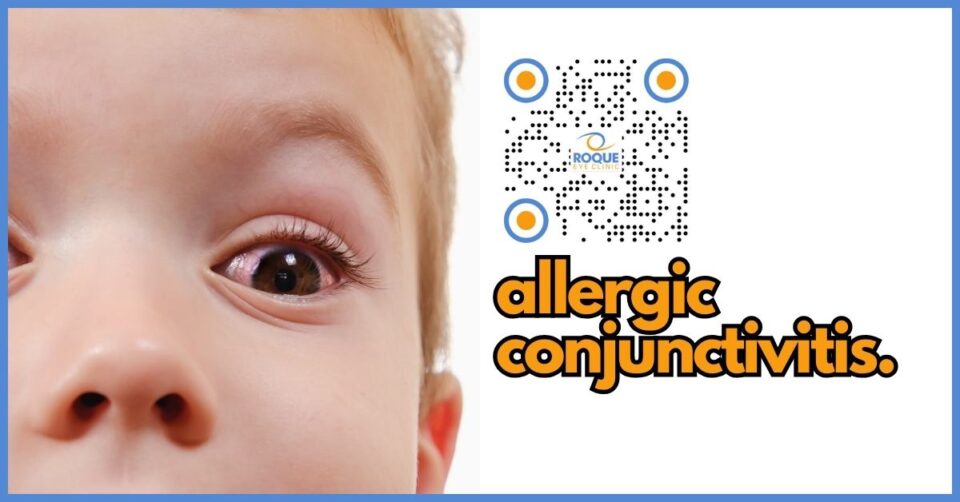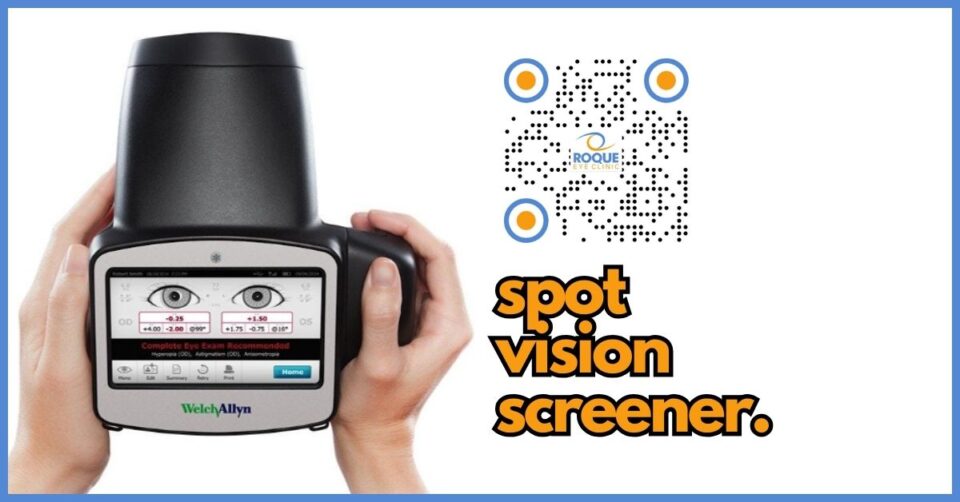Allergic conjunctivitis is more than just an annoyance; it's a widespread condition affecting millions' quality of life and vision globally. As part of our commitment at Roque Eye Clinic, this article aims to empower you with a deeper understanding of allergic conjunctivitis. From recognizing early symptoms to navigating treatment options, we aim to guide you toward clearer, more comfortable vision.
Unlocking the Mystery: What is Allergic Conjunctivitis?
Allergic conjunctivitis occurs when the eyes come into contact with substances that trigger allergic reactions, leading to inflammation of the conjunctiva. This condition is characterized by symptoms such as redness, itching, and watering of the eyes. Understanding these signs is the first step toward effective management.
Identifying Symptoms and Triggers
The hallmark symptoms of allergic conjunctivitis include:
- Itchy eyes
- Redness and swelling
- Watery discharge Recognizing these symptoms early can help in seeking timely treatment.
Common triggers include:
- Pollen from trees and grass
- Pet dander
- Dust mites Awareness of these triggers is crucial for prevention.
Navigating Through Treatment Options
Treatment for allergic conjunctivitis focuses on relief from symptoms and preventing future episodes. Options include:
- Over-the-Counter Remedies: Antihistamine eye drops and lubricants can provide quick relief.
- Prescription Medications: For severe cases, more potent anti-inflammatory medications may be recommended.
- Lifestyle Modifications: Avoiding known allergens and using air purifiers can be effective strategies.
Prevention: A Proactive Approach
Preventing allergic conjunctivitis involves understanding and minimizing exposure to allergens. Keeping windows closed during high pollen seasons and using allergen-reducing bedding can make a significant difference.
Special Considerations for Children
Children are particularly susceptible to allergic conjunctivitis. Recognizing symptoms and seeking prompt treatment can help minimize discomfort and prevent an impact on their learning and daily activities.
FAQs
- How can I tell if it’s allergic conjunctivitis or something else? Allergic conjunctivitis typically affects both eyes and is accompanied by itching and clear, watery discharge.
- Are there any home remedies? Cold compresses can alleviate symptoms, but they should complement, not replace, treatments prescribed by your doctor.
- Is allergic conjunctivitis contagious? Unlike bacterial or viral conjunctivitis, allergic conjunctivitis is not contagious.
Key Learning Points and Take-Home Messages
Allergic conjunctivitis is a manageable condition with the right approach. Early recognition, understanding of triggers, and appropriate treatment are essential. At Roque Eye Clinic, we’re dedicated to providing you with the knowledge and care necessary to overcome allergic conjunctivitis and maintain healthy vision.
Bibliography
For more detailed information and to further your understanding of allergic conjunctivitis, consider exploring the following resources:
- American Academy of Allergy, Asthma & Immunology: Offers comprehensive resources on allergic conditions.
- National Health Service (NHS): Provides guidelines on symptoms, causes, and treatment.
- Centers for Disease Control and Prevention (CDC): Features health information and prevention tips.






